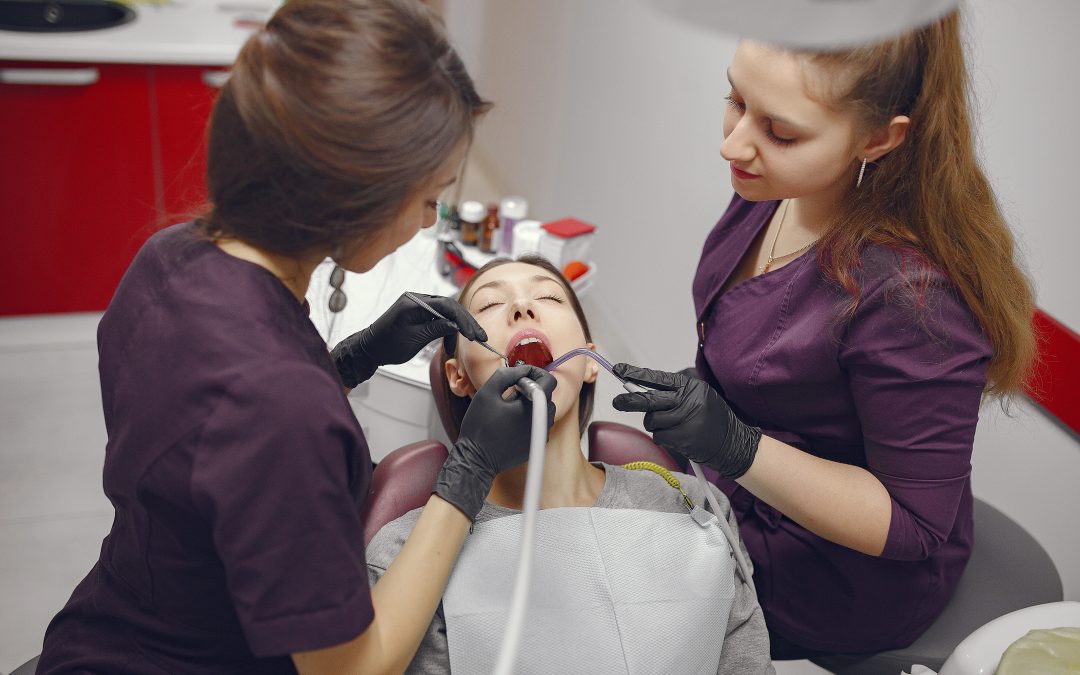Caring for your child’s teeth starts earlier than many parents realize. Cavities are the most common chronic disease in children, and toddlers are especially at risk because their oral hygiene habits are still developing. Understanding how to prevent cavities in toddlers with both at-home strategies and professional dental support can set the foundation for lifelong oral health.
This guide explains practical steps you can take, the role of your pediatric dentist, and the latest treatment options designed specifically for toddlers.
Why Toddler Oral Health Matters
Baby teeth, though temporary, play an essential role in chewing, speech development, and guiding adult teeth into proper alignment. When cavities develop in toddler teeth, they can cause pain, infections, and even impact the health of permanent teeth. That’s why toddler tooth decay prevention is not just about the present—it’s about safeguarding your child’s future smile.
At-Home Habits to Prevent Cavities in Toddlers
Parents and caregivers are the first line of defense against cavities. Building daily routines helps reduce plaque buildup, strengthen enamel, and establish healthy patterns.
1. Brushing Routine
- Begin brushing as soon as the first tooth appears.
- Use a soft, toddler-sized toothbrush.
- Brush twice a day for two minutes each time.
2. Choosing the Best Toothpaste for 2-Year-Olds
The American Academy of Pediatric Dentistry recommends a smear of fluoride toothpaste (about the size of a grain of rice) for toddlers under three. Fluoride strengthens enamel and helps prevent early cavities.
3. Diet & Nutrition
- Limit sugary snacks and drinks.
- Encourage water instead of juice or soda.
- Offer calcium-rich foods like cheese and yogurt.
4. Avoiding Nighttime Bottles
Prolonged exposure to milk or juice during sleep can lead to severe decay, often referred to as “baby bottle tooth decay.” Giving only water at bedtime is the safest choice.
5. Teaching Dental Hygiene Habits in Children
Even before kids can brush effectively on their own, involve them in the process. Let them practice holding the toothbrush and gradually introduce flossing once two teeth touch.
Professional Care: In-Office Steps to Prevent Cavities
While home care is vital, professional treatments strengthen protection against decay.
Pediatric Dentist Recommendations for Toddlers
Dentists usually recommend that children see a dentist by their first birthday. Regular visits ensure that cavities are caught early and that parents receive guidance on daily care.
Fluoride Treatments for Kids
Professional fluoride applications provide stronger, longer-lasting protection than daily toothpaste alone. These treatments can remineralizer weak spots and reduce cavity risk.
Pediatric Sealants Benefits
Sealants are thin protective coatings applied to the grooves of back teeth. Even in toddlers, molars can benefit from sealants since food and bacteria easily get trapped in those areas.
Cleaning & Checkups
Routine cleanings remove plaque and tartar that regular brushing may miss. Practices like pediatric dentistry of Cheyenne WY often emphasize early cleanings to keep toddler’s cavity-free.
Understanding Risk Factors for Cavities
Not all toddlers face the same level of risk. Some may need more frequent professional support depending on:
- Family history of cavities
- High sugar diet
- Inconsistent brushing routines
- Weak enamel development
- Limited access to fluoride in water
Children with higher risks may need more frequent fluoride treatments or sealants, as recommended at clinics such as pediatric dentistry Laramie or casper children’s dental clinic.
Practical Tips Parents Can Use Every Day
- Model brushing – Brush your teeth alongside your toddler so they see it as a family routine.
- Use rewards – Sticker charts can encourage kids to brush consistently.
- Regular dental visits – Follow the Smile Academy cleaning interval or your local dentist’s schedule to prevent small issues from becoming big ones.
- Stay positive – Make dentist visits fun rather than stressful by reading books about dental care or role-playing at home.
WY Toddler Oral Health: Why Local Care Matters
Wyoming families have access to excellent pediatric dental practices tailored to young children. Dentists in Cheyenne, Laramie, and Casper offer preventive programs that combine at-home education with in-office treatments. Choosing a trusted local provider ensures you have ongoing support for your toddler’s smile.
Creating Lifelong Healthy Smiles
Preventing cavities in toddlers is a team effort—parents, caregivers, and pediatric dentists all play a role. At home, focus on consistent brushing, proper toothpaste, healthy eating, and avoiding sugary drinks at night. In the dental office, we rely on fluoride treatments, sealants, and routine cleanings. Together, these steps build a strong foundation for healthy teeth that last into adulthood.
If you’re ready to take the next step in protecting your child’s oral health, schedule a pediatric dental appointment today. A healthy smile starts early, and with the right habits, your toddler can enjoy cavity-free teeth for years to come.
FAQs
1. When should I take my toddler to the dentist for the first time?
It’s recommended that children visit the dentist by their first birthday or when the first tooth erupts.
2. How often should toddlers get dental checkups?
Most toddlers should visit the dentist every six months, though children at higher risk for cavities may need more frequent visits.
3. Is fluoride toothpaste safe for toddlers?
Yes, in small amounts. Use a rice-sized smear for children under three and a pea-sized amount after age three.
4. Are sealants necessary for toddlers?
Sealants are especially helpful once molars erupt, as they protect deep grooves that are harder to keep clean.
5. What should I do if my toddler refuses to brush?
Make brushing fun with music, timers, or letting your child pick out their toothbrush. Consistency and modeling the behavior also help.



Recent Comments